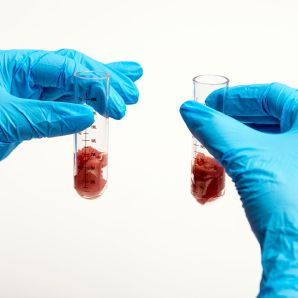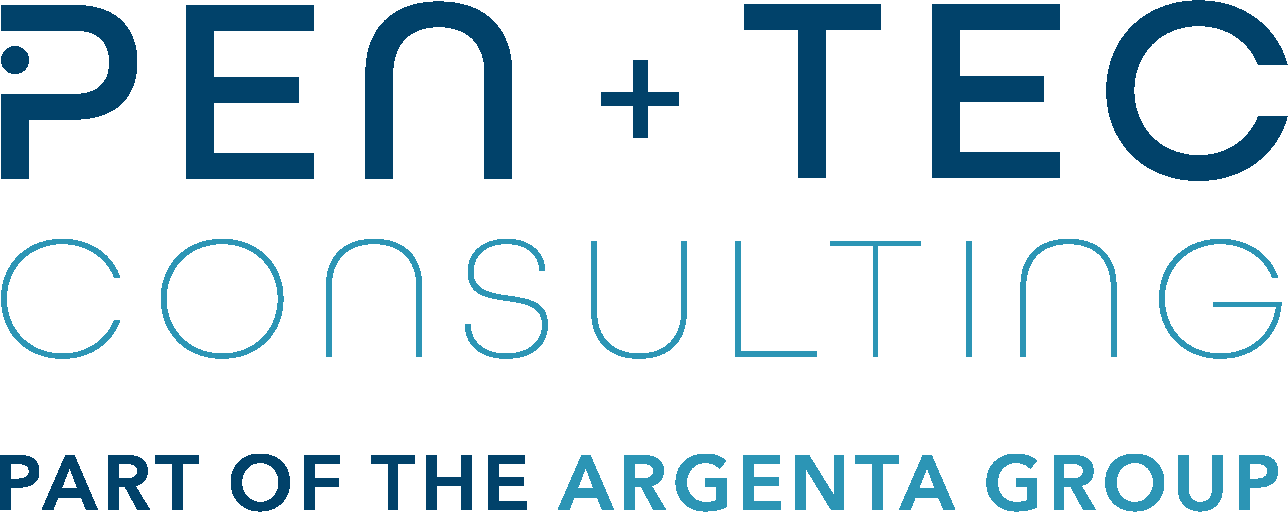Feel of approval: Nicoleta Pasecinic’s interview for Protein Production Technology International Magazine
Posted 8 February, 2023

Nicoleta Pasecinic, Senior Regulatory Affairs Manager at Pen & Tec, discusses how the company’s expertise can help clients in alternative proteins achieve faster market access – as economically as possible.
“We cannot escape the fact that a very real global problem is on our doorsteps,” cautions Nicoleta Pasecinic, Senior Regulatory Affairs Manager from Pen & Tec, a consultancy that has been advising companies on the regulatory requirements for the food and animal feed industry for two decades. “And that problem is food shortages,” she notes.
Future food security
Highlighting the enormity of that problem, and its knock-on effects, numerous academic studies have suggested it will be impossible for a global population of 10 billion – a figure expected around 2050 – to consume the amount and type of protein typical of current diets in North America and Europe if we want to achieve the UN’s SDGs and meet the targets set by the 2015 Paris Climate Agreement. Asia’s cities, meanwhile, are growing at such a rate that almost 55% of the region’s population is expected to be living in urban areas by 2030, and that will have huge ramifications for urban food security and nutrition.
As the global population increases, the availability of affordable protein for global nutrition and minimizing the rich-poor diet disparity will be crucial. With the traditional protein production industry nearing full capacity – and the strain on the environment still rising – a long-term plan that embraces alternative industries is a must, and that includes the introduction of plant-based foods, cultivated meats, edible insects, and other novel products. That’s where Pen & Tec comes in.
“Two years ago, we were the first to set the standard on what would be considered a complete novel food dossier for cultured cell meat when there were still no Singapore or US guidelines,” Pasecinic reveals. “We believe we shaped the understanding of the industry on how to approach the safety of such complex products.”
A nutritionist by background, Pasecinic reports a proliferation of requests in recent years coming from companies trying to understand the legal status of innovative proteins. As an expert in EU novel food authorizations and consultations, as well as food enzyme authorizations, she uses her skills in study design, data collection, quantitative and qualitative data analysis, and interpretation to help clients in the alternative proteins sector achieve quicker market access and vitally as cost-effectively as possible. “In the past two years, particularly, we have seen heightened interest from various stakeholders in paving the way to market for cellular agriculture products, as well as insect proteins, but I would say we have seen most activity within precision fermentation.
“As a regulatory consultancy, we support companies in all these fields from the R&D stage all the way up to approval,” Pasecinic continues. “Our most in-demand services are regulatory roadmaps and data work.”
To read complete version of this interview & watch video version: link
